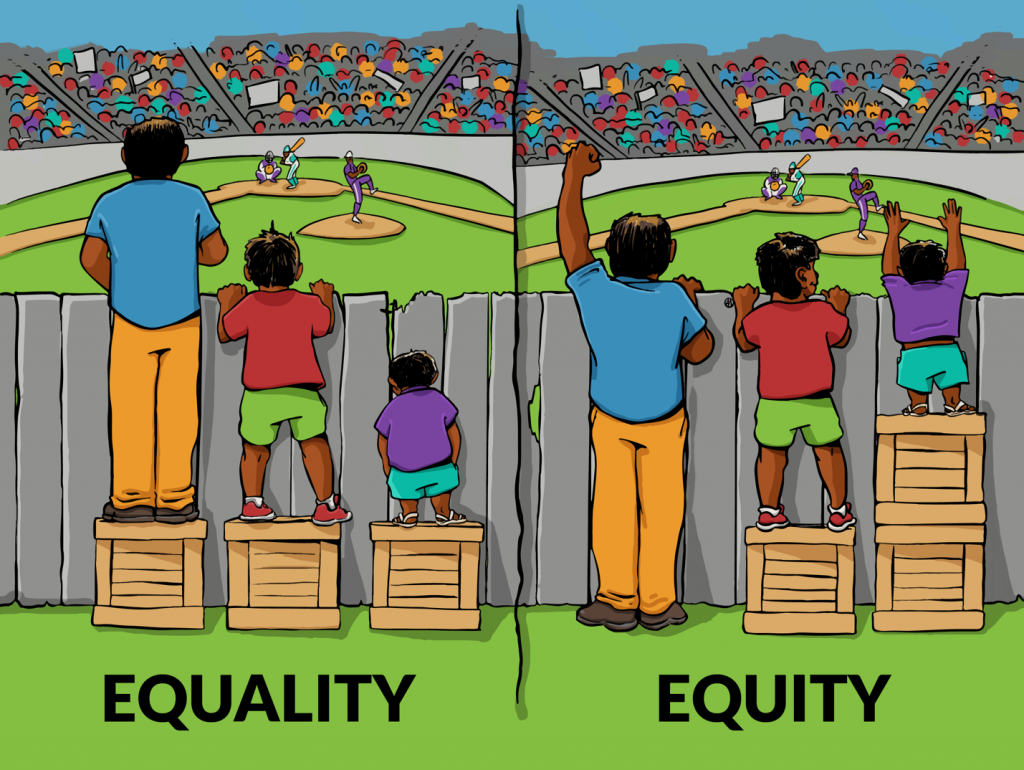Matthew 20:1-16
“When those hired about five o’clock came, each of them received the usual daily wage” (Matthew 20:9)
Jesus is not fair. Jesus never said He was fair. He never acted fairly. He never wanted to be fair. In a world in which sin is still a reality, we can’t risk being fair.
Of course, in a vacuum – or an ideal world – fairness would make a lot of sense. If everyone starts in the same place and you wanted to benefit everyone in some manner, then you would naturally want to benefit them equally or fairly. But we don’t live in that sort of world.
Jesus isn’t fair because He is the fully incarnate God. The incarnation – God’s coming to humanity in a fully human person – means that God subjects God’s self to everything that every human faces, including how some humans start from further back places than others. It is because of God’s incarnation that God can’t be fair.
That’s what our parable from Matthew 20 is all about. It’s about erasing fairness for goodness (or, maybe even, holiness). In the story, every worker is paid the same amount – an honest day’s wage, we’re led to believe – for their work, even though some of them worked the entire day and others for only an hour. Why is it important that they all receive the same amount? Because the amount was necessary to sustain life; it’s what they needed to be able to make their rent, buy their food, care for their children. What they received was based upon their needs, not upon their merits.
So, the challenge for us – today – as Christians is how to square the holy wisdom of this parable while living in a meritocracy (merit-based society)? How do we personally strive for excellence while making sure that basic needs are met for everyone – even if they only log an hour of work? I don’t know the full answer to that question, but I do want to encourage us to strive for excellence not for the merits we will receive for doing so, but because our God demands excellence of us (“Be perfect as your Father in heaven is perfect,” Jesus says elsewhere in Matthew’s gospel). So, our desire to strive should be rooted in our love of God and not our pursuit of more.
We would also do well to intellectually learn and deeply embody an understanding of “Equality” (or fairness) vs. “Equity” (or justice). This cartoon is helpful in teaching this lesson.

Just like Jesus’ parable, we find that the shortest (or least working) get what they need to be on the level with the tallest (or those who work the longest). Another way to think about it is this: The goal is to find value (and gratitude) for having what one needs and not find value (and arrogance) in how one got what they need. An Equity mindset means looking beyond self-interest to communal interests.
In these times of vulnerable populations – some by COVID, some by race/ethnicity, some by socio-economic standing – the church needs to lean even further into Jesus’ call for equity and cast out of our hearts – as if it were a demon (and it may actually be that) – any notion of fairness. Amen.